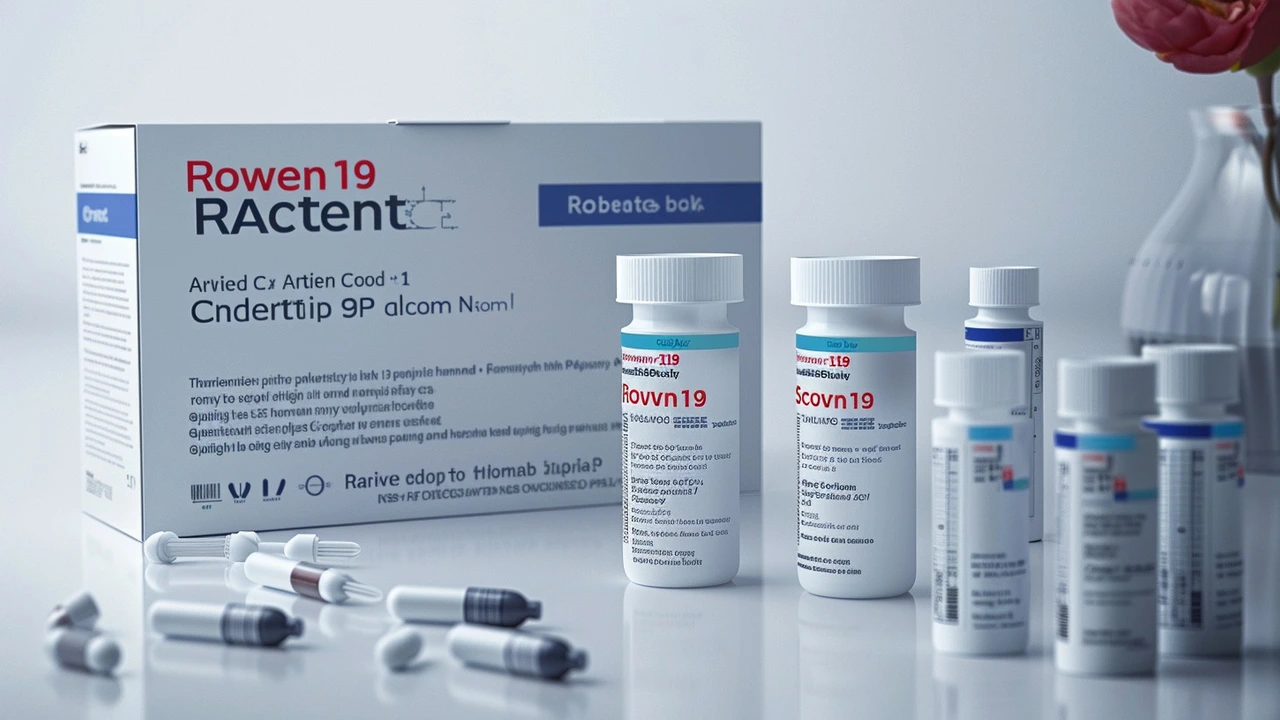OTC Health: Smart, Safe Use of Over-the-Counter Medicines
Over-the-counter (OTC) medicines are the go-to fix for headaches, coughs, heartburn, allergies, and minor aches. They’re handy, but they’re still drugs. This tag brings together practical guides—how to pick the right product, avoid common mistakes, and use supplements safely. You’ll find posts about motion-sickness meds like Meclizine, inhalers and asthma alternatives, online pharmacy tips, and smart supplement choices like artichoke and goldthread.
Start with the label. Look for the active ingredient and strength, not just the brand name. The label tells you how much to take, how often, and what to avoid. Check age limits and special warnings. If an ingredient appears in more than one product you’re taking (for example, many cold meds include the same pain reliever), you can easily double up without meaning to.
Watch for common mix-ups. Pain relievers, decongestants, antihistamines, and antacids each work differently and have different side effects. If you take prescriptions for blood pressure, depression, or blood thinning, ask a pharmacist before adding a new OTC. The safest move is a quick pharmacy check—many pharmacists will flag interactions and suggest safer options.
Quick Safety Rules
1) Follow dosing exactly. Don’t take more because you feel worse. 2) Keep a list of everything you take—OTC, prescription, and supplements—so any clinician or pharmacist can spot risks. 3) Use child-safe storage and follow pediatric dosing rules. Never use adult formulations on kids unless your doctor says it’s okay. 4) Be extra careful if you’re pregnant, nursing, elderly, or have chronic conditions. The wrong OTC can make illnesses or medications worse.
Side effects happen. Drowsiness, stomach upset, or increased heart rate are common with some OTCs. If a new symptom starts after taking a medicine, stop and check with a pharmacist or doctor. Severe signs—trouble breathing, swelling, fainting, or high fever—need immediate medical attention.
Buying OTCs Online and Travel Tips
Buying OTCs online saves time but be picky. Use well-known pharmacies, read product details, and check return or refund policies. Watch out for extremely low prices or oddly packaged goods; those can be expired or counterfeit. For travel, bring original packaging, keep medicines in carry-on luggage, and pack copies of prescriptions when relevant.
When should you see a doctor? If symptoms don’t improve after a few days, if they get worse, or if you have high fever, shortness of breath, severe pain, or confusion—get professional care. Use OTCs to manage mild problems, not to mask serious ones.
Explore the tag posts for drug-specific advice, alternatives, and trusted online pharmacy tips. If you’re unsure, ask a pharmacist or your clinician. Small questions now often prevent bigger problems later.
FDA Approves First OTC Rapid Antigen COVID-19 Test for Home Use
In a significant healthcare milestone, the FDA has cleared the first over-the-counter rapid antigen COVID-19 test, the Flowflex COVID-19 Antigen Home Test by ACON Laboratories. Offering ease and efficiency, this test allows adolescents and adults to conduct self-tests, marking a pivotal moment in accessible COVID-19 diagnostics.
View more
